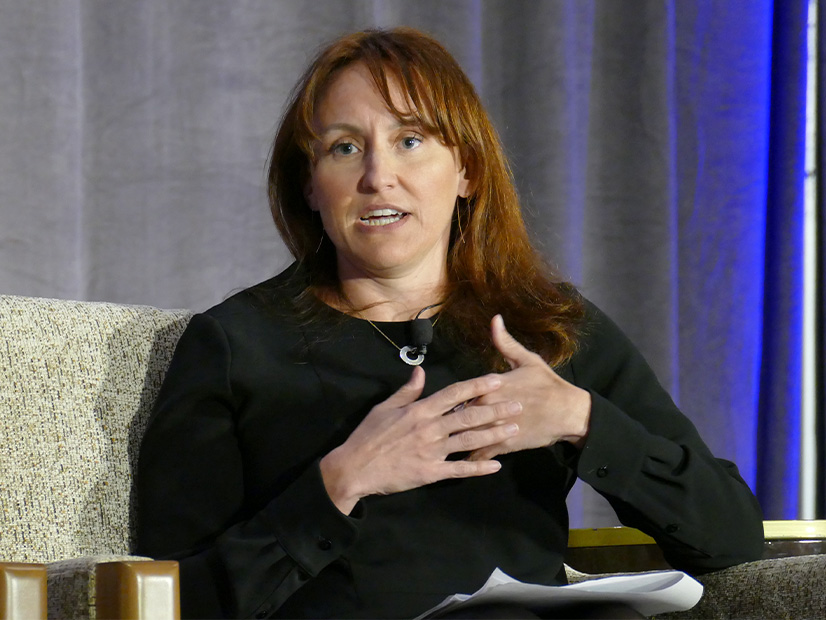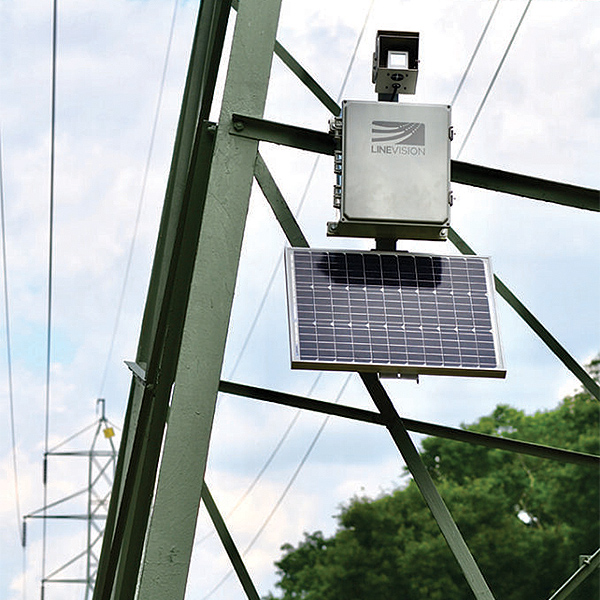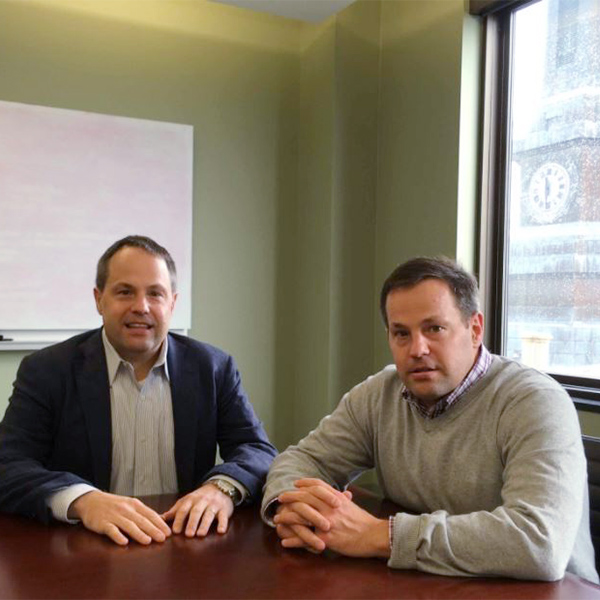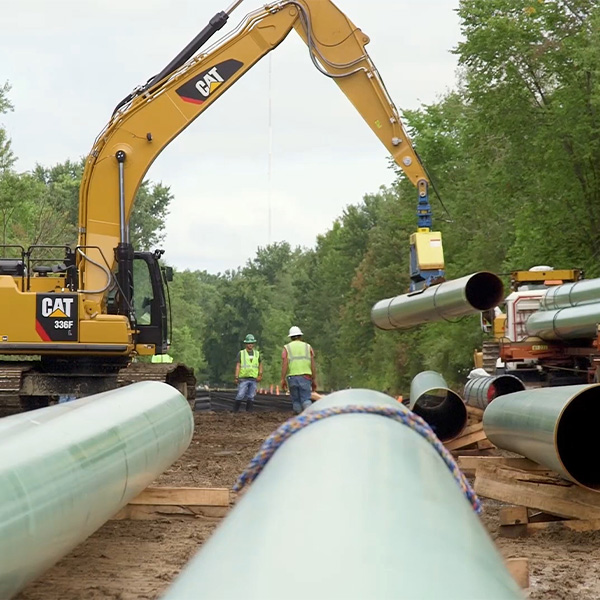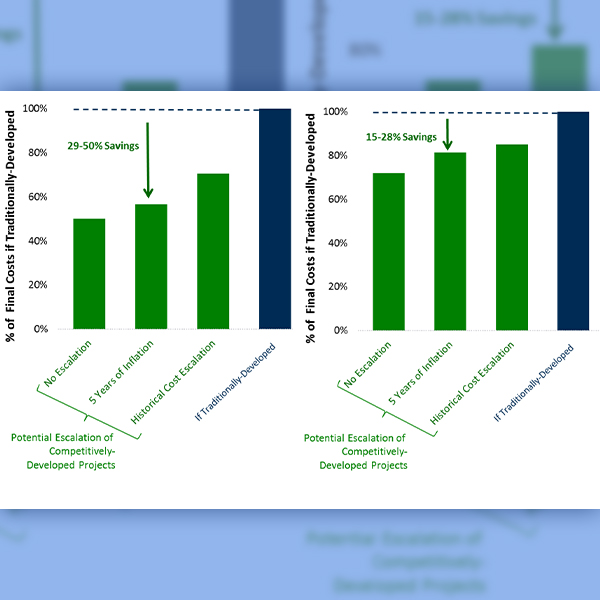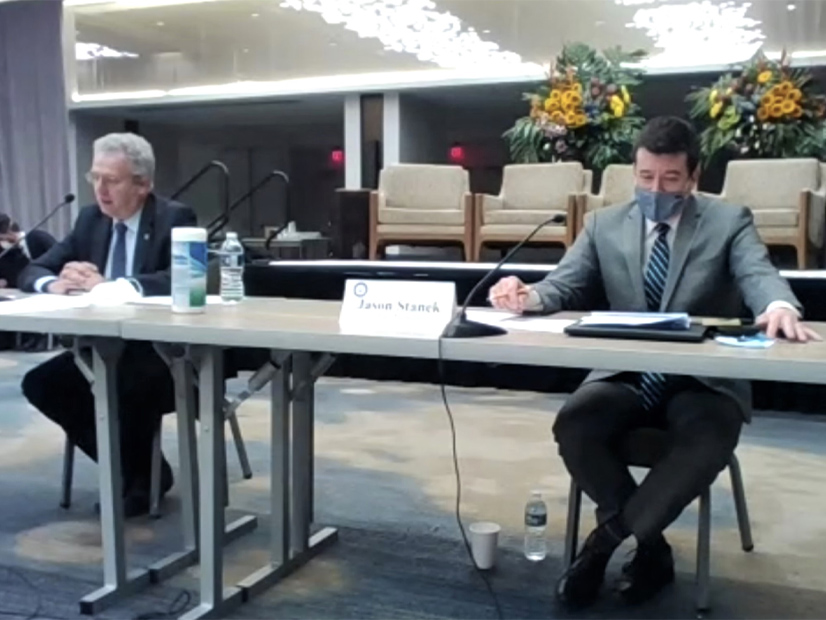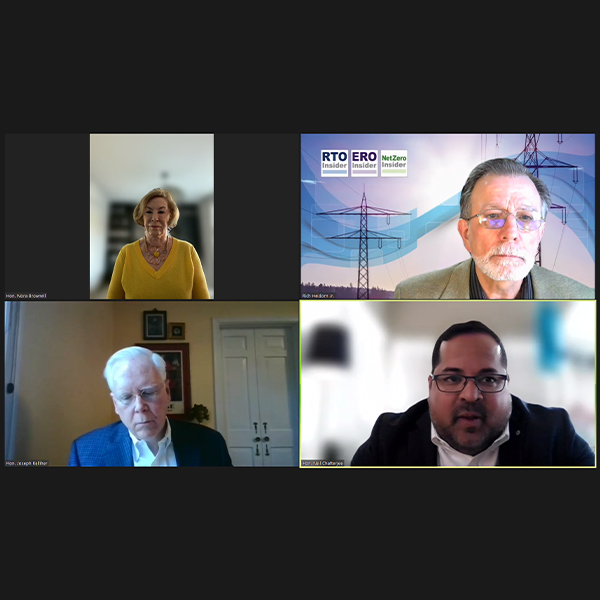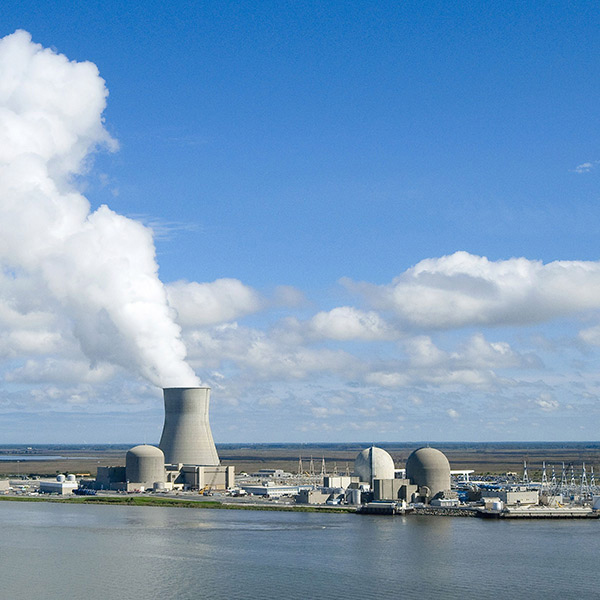FERC & Federal
The Federal Energy Regulatory Commission is an independent regulatory agency that oversees the transmission of electricity, natural gas and oil in interstate commerce, as well as regulating hydroelectric dams and natural gas facilities.
Much of the talk at NARUC's Winter Policy Summit was about the $62.5 billion the DOE received under the Infrastructure Investment and Jobs Act.
FERC ruled that PJM is within its rights to refuse lost opportunity cost payments to generators that must rein in output to avoid damage to themselves.
FERC opened a docket on the costs and benefits of dynamic line ratings, an initiative it signaled in its December order banning static line ratings.
Powhatan Energy Fund is filing for Chapter 7 bankruptcy, effectively ending more than a decade of litigation.
FERC voted 3-2 to update its policy on natural gas infrastructure certificates and outlined how it will evaluate the impacts of projects’ GHG emissions.
The Midwest has become ground zero for the future of transmission policy because of incumbent TOs' stifling control, R Street Institute's Devin Hartman says.
A second meeting of FERC and state regulators trying to spur transmission buildout exposed differences over expanding the definition of transmission benefits.
FERC has undertaken an ambitious agenda for this year that will face numerous headwinds from administrative challenges, not least of which remains the pandemic.
The Energy Department outlined a $6 billion program to prevent the early closure of nuclear generators and $3 billion in funding for battery supply chains.
Under a settlement with shareholders, six members of FirstEnergy’s board of directors would not seek re-election at the company’s annual meeting in May.
Want more? Advanced Search
